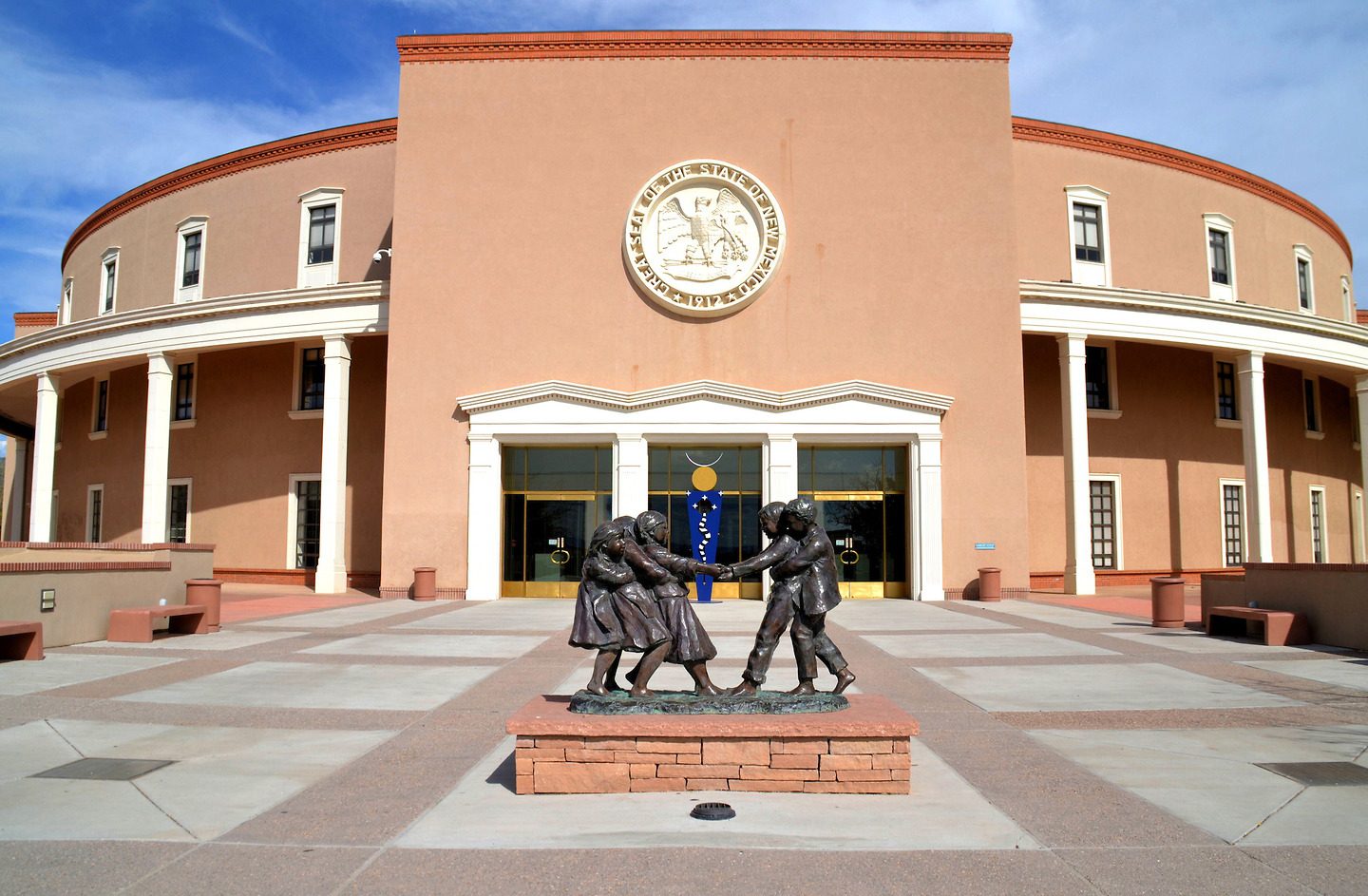First lawsuit filed challenging new Texas political maps as intentionally discriminatory

Before they’ve even been signed into law, Texas’ new maps for Congress and the statehouse are being challenged in court for allegedly discriminating against Latino voters.
Filing the first federal lawsuit Monday in what’s expected to be a flurry of litigation, a group of individual voters and organizations that represent Latinos claim the districts drawn by the Legislature unconstitutionally dilute Latino voting strength and violate the federal Voting Rights Act. The lawsuit, filed in El Paso, also challenges the Legislature’s new districts for the State Board of Education, which sets standards for Texas public schools.
The plaintiffs include LULAC, La Unión del Pueblo Entero and the Texas Association of Latino Administrators and Superintendents. They are represented by the Mexican American Legal Defense and Educational Fund, which successfully challenged the state’s mapmaking from a decade ago.
The legal challenge comes as the Legislature rounds out its redistricting work to incorporate a decade of population gains into new maps for Congress, the Texas House and Senate and the State Board of Education. Of the 4 million new residents the state gained since 2010, 95% were people of color; half were Hispanic.
Yet the maps advanced by the Republican-controlled Legislature deny Hispanics greater electoral influence — and pull back on their ability to control elections. The House map drops the number of districts in which Hispanics make up the majority of eligible voters from 33 to 30. The congressional map reduces the number of districts with a Hispanic voting majority from eight to seven.
“Despite having only recently been found liable by a federal court for intentional racial discrimination in redistricting, Texas has once again adopted plans that dilute Latino voting strength,” Nina Perales, the vice president of litigation for MALDEF, said in a statement. “The new redistricting plans are an unlawful attempt to thwart the changing Texas electorate and should be struck down.”
Decade after decade, including after the 2011 redistricting cycle, the state has faced allegations — and subsequent federal court rulings — that lawmakers discriminated against voters of color, intentionally working to undermine the power of their votes.
In the lawsuit, the plaintiffs take aim at the Legislature’s failure to create additional districts in each map in which Hispanics make up the majority of the electorate based on citizens who are of voting age population, even though those voters were close enough geographically to anchor those districts.
Republicans, who completely control the redistricting process, declined to create those districts even as they reconfigured the congressional map to include the two additional U.S. House seats the state gained, the most of any state in this year’s reapportionment, because of its explosive growth. Under the map the Legislature is expected to sign off on Monday evening, Republicans gave white voters effective control of both new districts.
The plaintiffs are also challenging new district boundaries that weaken Latino voting strength by packing voters based on race into districts to diminish their ability to have a broader influence, using the 34th and 15th congressional districts in South Texas as examples.
Republicans created an opening for the party in CD-15 by flipping it from a district that Joe Biden narrowly won to one that Trump would’ve carried by 2.8 points. That helps make the neighboring CD-34, which was unexpectedly close in 2020, a stronger Democratic district.
That sort of manipulation also extends into the House map where plaintiffs argue Republicans engaged in the “systematic overpopulation” of Latino majority districts “to avoid drawing new Latino majority districts.”
In raising claims of intentional discrimination, the plaintiffs also note that the Legislature ignored warnings from civil rights advocates and community members that the plans violated the voting rights of people of color.
The lawsuit carries the potential to upend the Texas primary election calendar for 2022. The redistricting cycle is already running several months behind schedule following significant holdups in finalizing the 2020 census results because of the pandemic. But the lawsuit asks the court to block the state from holding elections under the challenged maps.
Republican Gov. Greg Abbott, who is named as the lead defendant in the lawsuit, is expected to sign the maps into law. His office did not immediately respond to a request for comment.
This article was originally posted on First lawsuit filed challenging new Texas political maps as intentionally discriminatory



